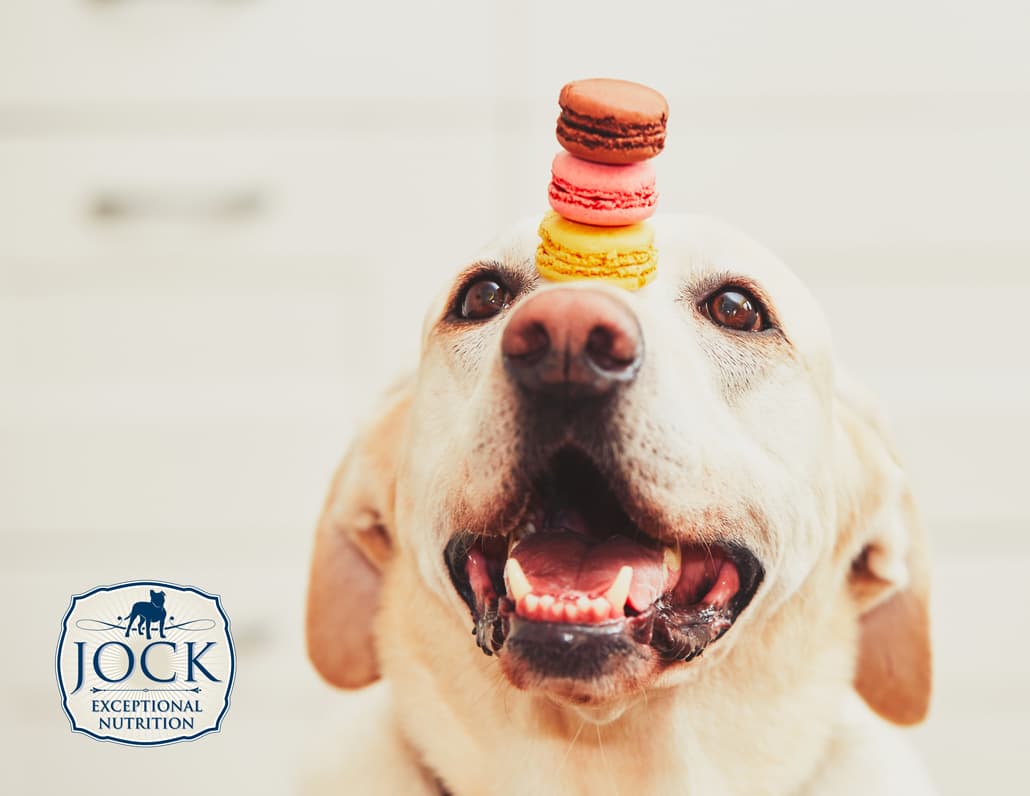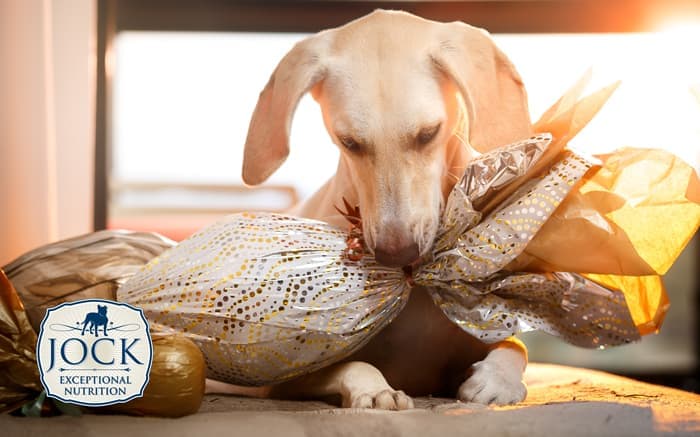Easter is around the corner which means sweets and treats galore! Just like humans, dogs have a sweet tooth and won’t say no to a tasty titbit. However, while you can have your cake and eat it too – don’t sneak your pup a piece under the table. We asked an expert to give you the raw, unsweetened facts on sugar and your dog:
My dog has been a good boy…can’t I reward him with a caramel cupcake…or six?
No. While treats taste heavenly, the consequences are not so sweet. Excess sugar can lead to your canine acting hyper and unfocused. This is because your dog’s body has to work overtime to process all the glucose. This is not a reassuring picture when you imagine your big, lumbering Great Dane on a sugar rush charging past your porcelain collection. This “high” can be followed by a “low” where you see your pooch act sleepy, lethargic and irritable.
What else can I expect?
Consuming large quantities of sugar, especially over a long period of time, can also lead to the following health complications:
- Dental cavities
- Metabolic issues
- Diabetes (which can lead to other infections)
- Weight gain
Yikes…Dogs can have diabetes?
Yes. Like humans, diabetes occurs when your canine cannot produce the insulin needed to control their glucose levels. Look out for the following symptoms:
- Increased thirst or appetite
- Sudden weight loss
- Frequent urination
- Vomiting
The Expert’s recommended Doggie diet
If the pot belly on your pooch is getting a little big or you simply want to treat your furry friend, have a look at our list of sweet replacements:
- Fruits like bananas, watermelon and apple slices (without the seeds)
- Baby carrots, green beans or broccoli
- Butter-and salt-free popcorn
- Rice cake pieces
Always avoid the following toxic treats:
- Grapes and raisins
- Foods containing Xylitol such as hard candies and baked goods.
- Chocolate (contains theobromine)
The Final Verdict
Sugar isn’t all bad. Natural sugars can give your dog the energy they need to remain active. Artificial sugars in treats and candies are the ones to look out for. Don’t forget to check in with your vet if you suspect that your dog has diabetes. They will be able to perform the necessary blood tests and recommend appropriate treatment.


